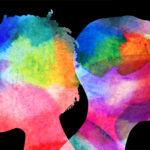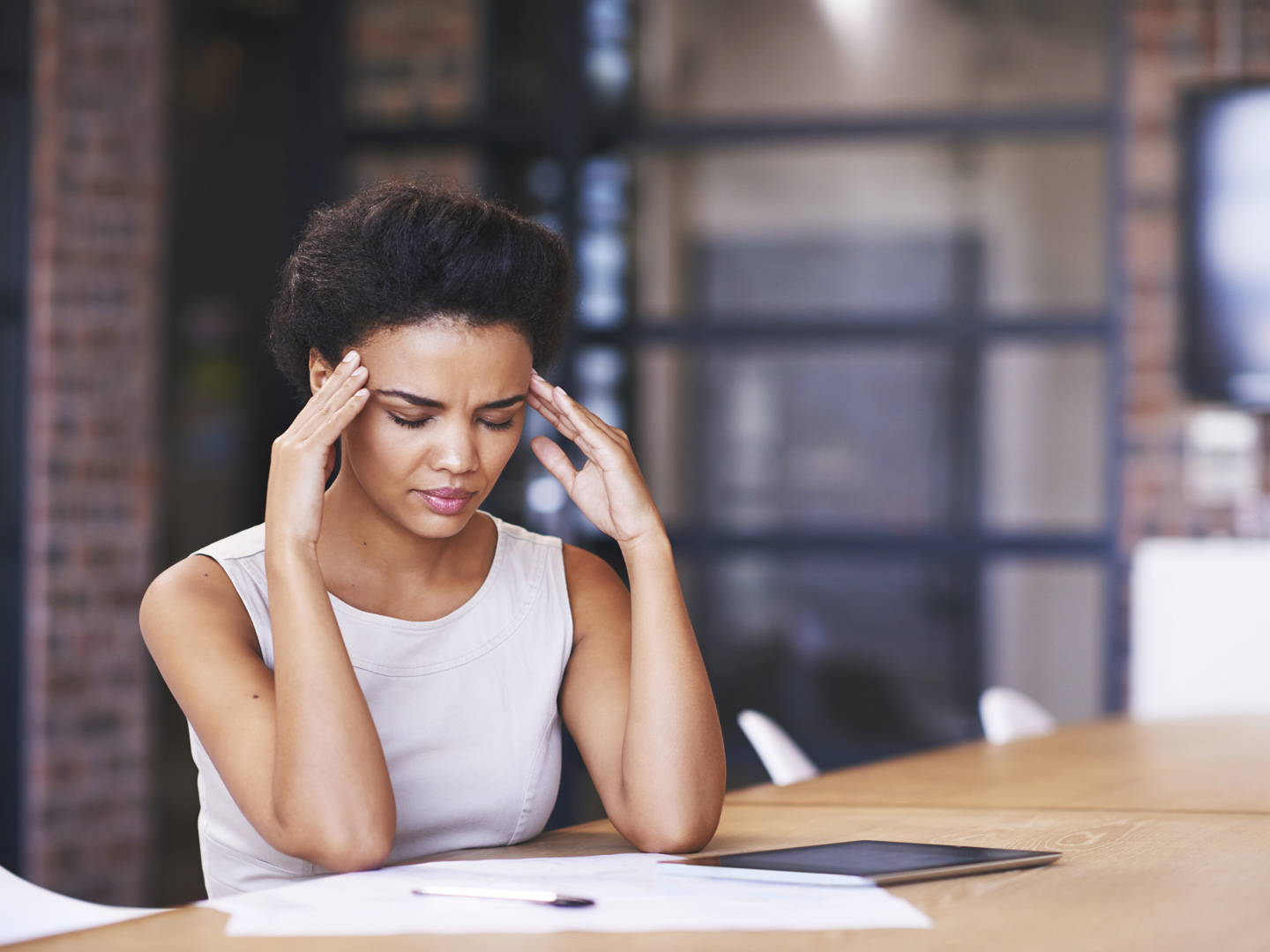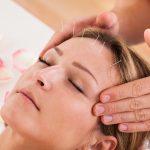Caffeine Withdrawal Headaches

What Are Caffeine Withdrawal Headaches?
A caffeine withdrawal headache is exactly what it sounds like: A throbbing headache that comes on quickly if you cut back on or eliminate your morning coffee and other sources of caffeine. Be aware that caffeine is added to many over-the-counter and prescription pain medications because it is thought to make them more effective. While it will be listed as an ingredient on labels of over-the-counter drugs, you will need to ask a pharmacist about whether it is in prescription drugs (primarily those used to treat migraine and other types of headache).
Symptoms Of Caffeine Withdrawal Headaches
In addition to headache, which is believed to occur in about 50 percent of all cases of caffeine withdrawal, symptoms also can include fatigue, decreased energy, diminished activity and alertness, drowsiness, depressed mood, trouble concentrating, irritability, mental fogginess, and constipation. Rarely, flu-like symptoms, nausea and vomiting, and muscle pain and stiffness can occur. Symptoms typically begin 12 to 24 hours after your last dose of caffeine and peak between 20 and 51 hours later. These headaches can last for two to nine days.
The more caffeine you regularly consume, the more severe withdrawal symptoms are likely to be, but studies have shown that in some people giving up as little as 100 mg of caffeine per day can lead to headache and other symptoms. In general, however, these headaches are unlikely to occur unless you’ve been consuming an average of five cups of coffee per day or an equivalent amount of caffeine in other forms.
What Are The Causes Of Caffeine Withdrawal Headaches?
Giving up caffeine can cause arteries in the head to dilate, which may account for the withdrawal headaches.
Prevention Of Caffeine Withdrawal Headaches
You may be able to prevent caffeine withdrawal headaches by gradually weaning yourself off your consumption of coffee, tea, sodas or other beverages in which caffeine is found. As you do so, experts suggest substituting decaffeinated or non-caffeinated drinks to help reduce or eliminate withdrawal symptoms. If you suffer from migraine, caffeine can help relieve an attack if you don’t consume it regularly but also can be a cause of these headaches. It can also affect migraine symptoms indirectly by causing dehydration, therefore, the American Migraine Foundation advises patients to drink an 8-ounce glass of water for every cup of coffee, tea or caffeinated soda consumed daily. If you have migraines and want to eliminate caffeine, the foundation recommends cutting your intake by 25 percent per week to avoid withdrawal symptoms. If you’re not sure of your daily caffeine intake, you should be able to determine it by using an online caffeine calculator.
Conventional Treatment Of Caffeine Withdrawal Headaches
One reliable way to relieve a caffeine withdrawal headache is to drink a cup of coffee, but that’s not going to help you in the long run if you want to separate yourself from the drug, and instead, you can try over-the-counter pain relievers that are caffeine-free such as aspirin, Advil and acetaminophen (Tylenol). Do not use Excedrin, which contains caffeine. Non-prescription drugs can also treat any nausea or vomiting that may accompany caffeine withdrawal. If constipation occurs, as it often does during withdrawal, increasing your fiber consumption should help. Beyond that, make sure to drink plenty of water and get as much rest or sleep as possible.
What Does Dr. Weil Recommend For Caffeine Withdrawal Headaches?
Dr. Weil views caffeine as one of the most commonly used and powerful stimulant drugs in our society. It strongly affects mood and behavior and with regular use can lead to dependence and addiction. He notes that sensitivity to caffeine varies greatly from person to person. Some people who drink one cup of coffee a day are physically addicted to it and will have a withdrawal reaction if they suddenly discontinue it. They also may develop any number of physical and emotional problems caused or worsened by caffeine that they likely do not connect with their coffee use. Others can drink many cups a day with no such reactions.
Dr. Weil advises planning ahead for those who want to break the caffeine habit without seeking professional help. Give yourself three days to do it. Arrange to keep yourself distracted and comfortable and resign yourself to being without energy – and, probably, having a throbbing headache.
Source:
L.M. Juliano and R.R. Griffiths, “A critical review of caffeine withdrawal: empirical validation of symptoms and signs, incidence, severity, and associated features.” Psychopharmacology, October 2004.














